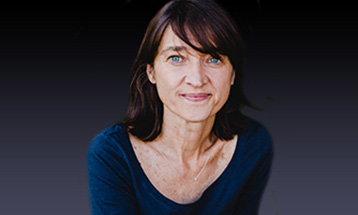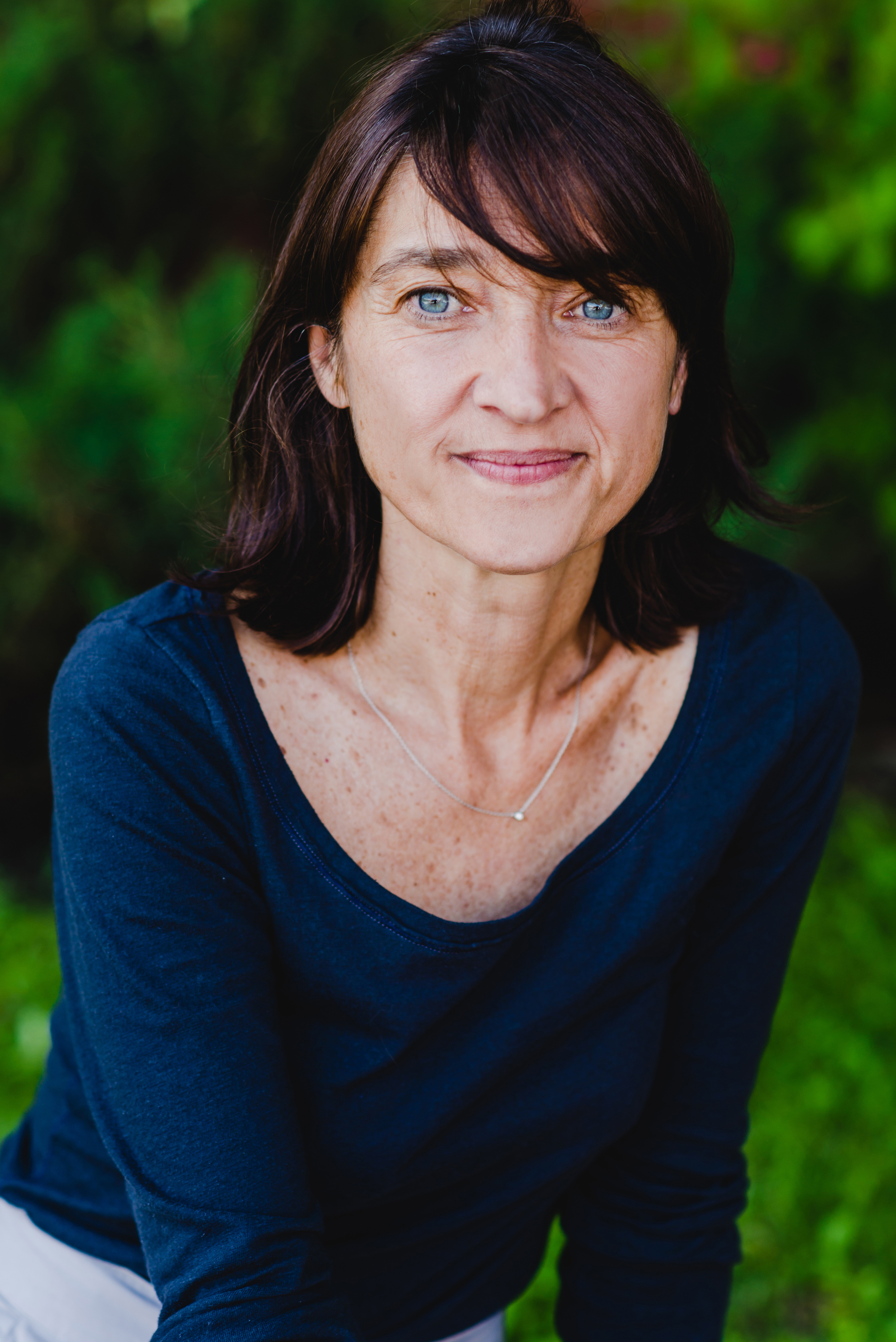“Simply asking, ‘How can I help you?’ is the best way to start a group session,” says Marion Turmine.
This is part of the approach at the Veterans Transition Network, where Marion works as the operations coordinator in Quebec. She works with Veterans to address transition-related issues and develop personal action plans for life after service.
The impact of trauma
Marion knows that Veterans are self-reliant and wary of asking for or accepting support. In particular, she’s sensitive to the challenges of women Veterans.
Marion joined CARE Canada in 1995, shortly after the Rwandan genocide, and worked in refugee camps in Congo to help Rwandan refugees. This gave her first-hand experience working with people who had endured deep trauma, including injury, sexual assault, the loss of loved ones and the scattering of families. This helps her relate to Veterans who encounter difficulty in transition due to trauma. She says there are also isolating factors both within and outside the military that affect women deeply.
“Veterans may have physical injuries or mental-health issues, or carry the stigma of that, and do not have the community and peer support they need,” she says. “But negative coping strategies such as isolation and alcohol abuse leave them vulnerable to relationship issues, depression and suicide.” That can happen to any Veteran, but she notes that women are more likely to face discrimination and workplace harassment.
The self-reliance of serving members is compounded for women. “Women are a minority in the CAF, and they act like a minority, who don’t ask for help and have a hard time getting help,” says Marion. “And when they come back into post-service life, they are more so, because nobody understands them, they often have fewer resources and it’s a big problem when they have children.” The result, she says, is further isolation and a breakdown of trust in service providers.
The Veterans Transition Network
The Veterans Transition Program was created 20 years ago to answer a longstanding need for Veterans to share and work through traumatic experiences, mainly in the Second World War and the Korean War. Over time, the Veterans Transition Program was adapted to the needs of younger Veterans. Today, this involves a 10-day course, usually held in a secluded location, with six Veterans, two clinicians and two support staff members. These courses are delivered to Veterans across Canada by the Veterans Transition Network, which is a registered charity.
Veterans Affairs Canada has designated the Veterans Transition Network an official service provider, recognizing the organization’s track record of success. Federal funding, along with financial support from a variety of sponsoring partners, means that Veterans who qualify for the Veterans Transition Network program participate for free.
Though Marion helps organize courses for Veterans in Quebec, they also take place all over the country, with one specifically for women. Marion suggests that trust may be part of the reason for lower enrolment among women: “It can be difficult to break through this barrier. If you’re having issues with transition, you don’t trust anybody.” She says her aim is to bring Veterans into the program with the least amount of red tape possible.
The courses are adapted to the needs of each small group, but go far beyond discussing traumatic experiences. “A large part of the program is figuring out what steps to take afterward. Graduates have gone on to become consultants or entrepreneurs,” Marion says.
Just as important, she says, is that Veteran participants work to re-engage with their families and communities, as well as with services available to them. This can be a joint effort: “The spouse or friend needs to know what services exist for Veterans,” says Marion. “The best way to help is to listen and try to understand what your friend's partner is going through, understanding that you may not always know what the experience is like, but are there to support them.”
Re-engaging with the community
On a broader scale, Marion says that rebuilding trust with Veterans, and women in particular, is a job for Canada as a whole—for example, by promoting Veteran employment. “Military people have a lot of knowledge—in logistics, mechanical skills, radio operators,” she says. “It’s important for employers and the government to recognize military service as valuable experience in the post-service world.”
Recognition is another area for improvement. “The population doesn’t understand the military,” she says. “We need to organize more social events for Canadians to recognize what Veterans have done.”
A better connection isn’t just the right thing to do, she says; it’s also a sensible investment. “If we don't work with young people it costs more for the society when they are old. The cost of medical care for Veterans is high, but if we start when they are young, we build trust and we can make a major difference.”
She welcomes more Veterans to take a look at the Veterans Transition Network to see what it can offer them. “All Veterans with transition issues can participate in the Veterans Transition Program,” she says.
Date published: 2020-02-20




